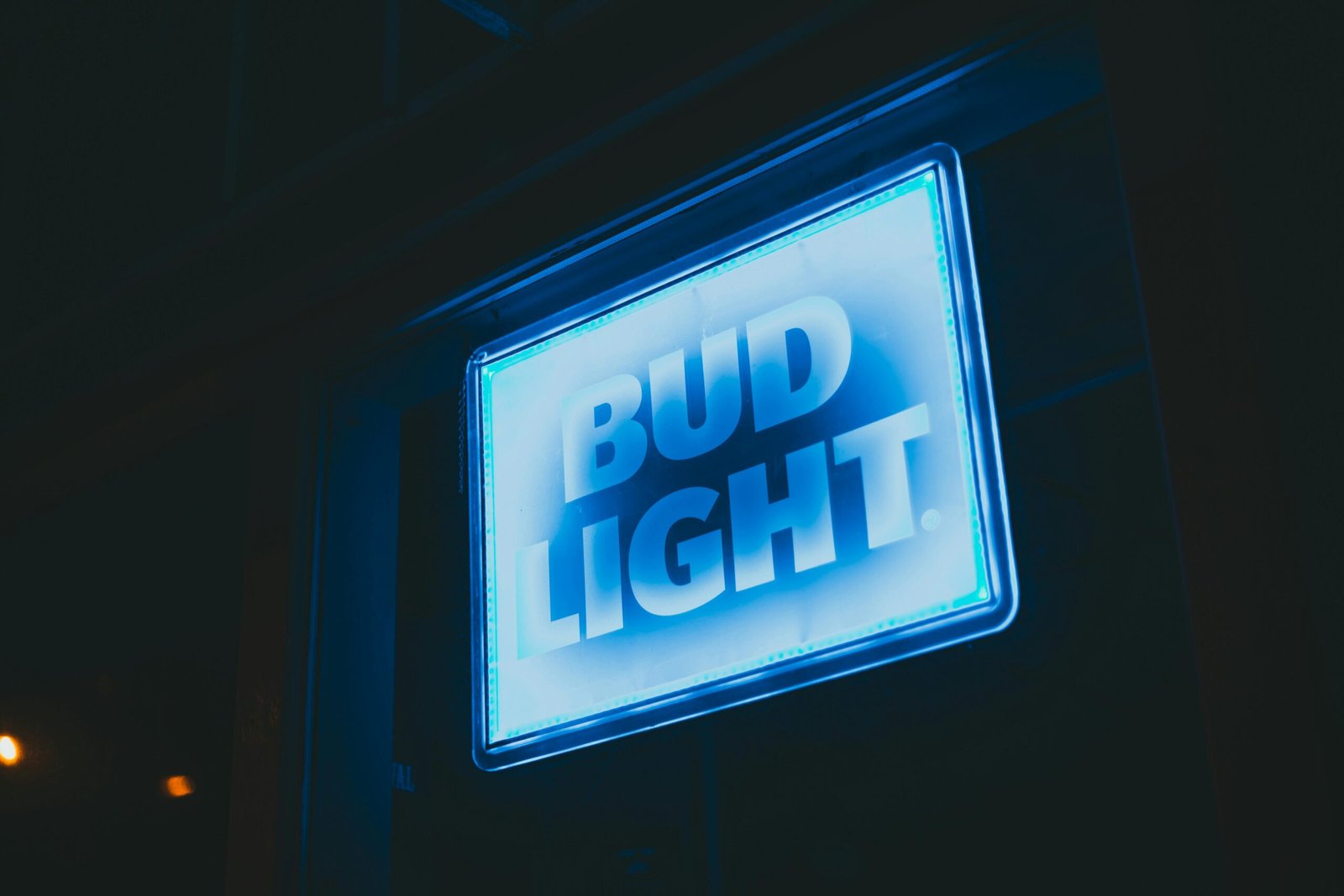TL;DR:
- Bud Light embracing social causes through a partnership with influencer Dylan Mulvaney aimed to promote inclusivity but led to severe backlash and boycotts.
- This resulted in a 15.3% sales decline ($1.4 billion loss) and negative consumer sentiment.
- The case highlights the challenges of corporate social responsibility and the need for alignment between brand initiatives and consumer values.
Can a beer brand’s attempt to embrace social causes really backfire? The controversy surrounding Bud Light embracing social causes through its partnership with TikTok influencer Dylan Mulvaney provides a stark example of the potential risks. This move, aimed at promoting inclusivity, sparked a heated debate and resulted in a massive boycott.
The backlash led to a 15.3% drop in sales, translating to a staggering $1.4 billion loss for the company. This article looks into the complexities and risks Bud Light faced while engaging with social causes, the financial effects, and how this has shaped consumer perception and brand loyalty.
Challenge of Inclusivity in Bud Light’s Marketing Strategy
Bud Light’s VP of Marketing, Alissa Heinerscheid, aimed to modernize the brand by embracing a more inclusive marketing strategy. She wanted to move away from the “fratty” and “out of touch” image associated with Bud Light.
This vision included partnering with TikTok influencer Dylan Mulvaney to highlight support for LGBTQ+ advocacy. The goal? To attract a broader, more diverse consumer base and reflect a commitment to inclusion.

The fallout underscored the risks and complexities of engaging in social causes. The backlash highlighted a significant misalignment between Bud Light’s inclusive efforts and its traditional consumer values. This misalignment damaged the brand’s reputation and led to financial losses and a fast return to traditional advertising.
Bud Light Embracing Social Causes: Navigating Corporate Social Responsibility
Corporate social responsibility (CSR) is crucial for modern businesses. It involves ethical practices and societal impact initiatives that reflect a company’s values. CSR can enhance a brand’s image and foster consumer loyalty. However, the landscape is fraught with challenges. When companies like Bud Light engage in politically charged social causes, they risk alienating their core customer base. The complexity of public perception and diverse consumer opinions make it hard to please everyone.
Key Points:
- Alienating core customer bases
- Financial risks and sales impact
- Diverse consumer opinions
- Need for genuine community support
- Balancing corporate values with public expectations
To navigate CSR effectively, companies must align their initiatives with their core corporate values and consumer expectations. Authenticity is key. Brands should engage in causes that resonate with their primary audience while demonstrating genuine commitment. Transparent communication and community involvement can build trust. Balancing corporate values with public expectations is crucial to avoid backlash and create a meaningful impact.
Conclusion
Bud Light embracing social causes has had mixed results. The partnership with Dylan Mulvaney sparked significant backlash and led to financial losses. Consumer reactions and public perceptions were largely negative, affecting brand loyalty and sales.
The challenges faced by Bud Light highlight the complexities of incorporating inclusivity in marketing strategies. Striking a balance between corporate values and consumer expectations is crucial.
Overall, the experience offers valuable lessons. Bud Light’s journey illustrates the risks and rewards of embracing social causes, emphasizing the need for careful consideration and alignment with core consumer values.

FAQ
What is the Bud Light controversy?
The Bud Light controversy began with a marketing partnership featuring TikTok influencer Dylan Mulvaney. This led to public backlash, boycotts, and a decline in sales, hurting Bud Light’s brand reputation.
How much has Bud Light lost in sales?
Bud Light experienced a 15.3% drop in sales following the controversy, equating to a financial loss of approximately $1.4 billion, as consumer perception shifted negatively.
How much money did Bud Light lose from the boycott?
The boycott against Bud Light resulted in a substantial financial loss of around $1.4 billion, due to reduced sales and negative consumer sentiment.
What were the consequences of Bud Light embracing social causes?
Bud Light embracing social causes led to severe backlash, including boycotts, a 15.3% sales decline, negative consumer sentiment, and damage to brand loyalty. It highlighted the risks of misalignment between brand initiatives and core consumer values.
What is the target demographic for Bud Light?
Bud Light traditionally targets legal drinking age adults who enjoy light beer, but recent marketing attempts aimed to expand inclusivity have not aligned with core consumer values.

